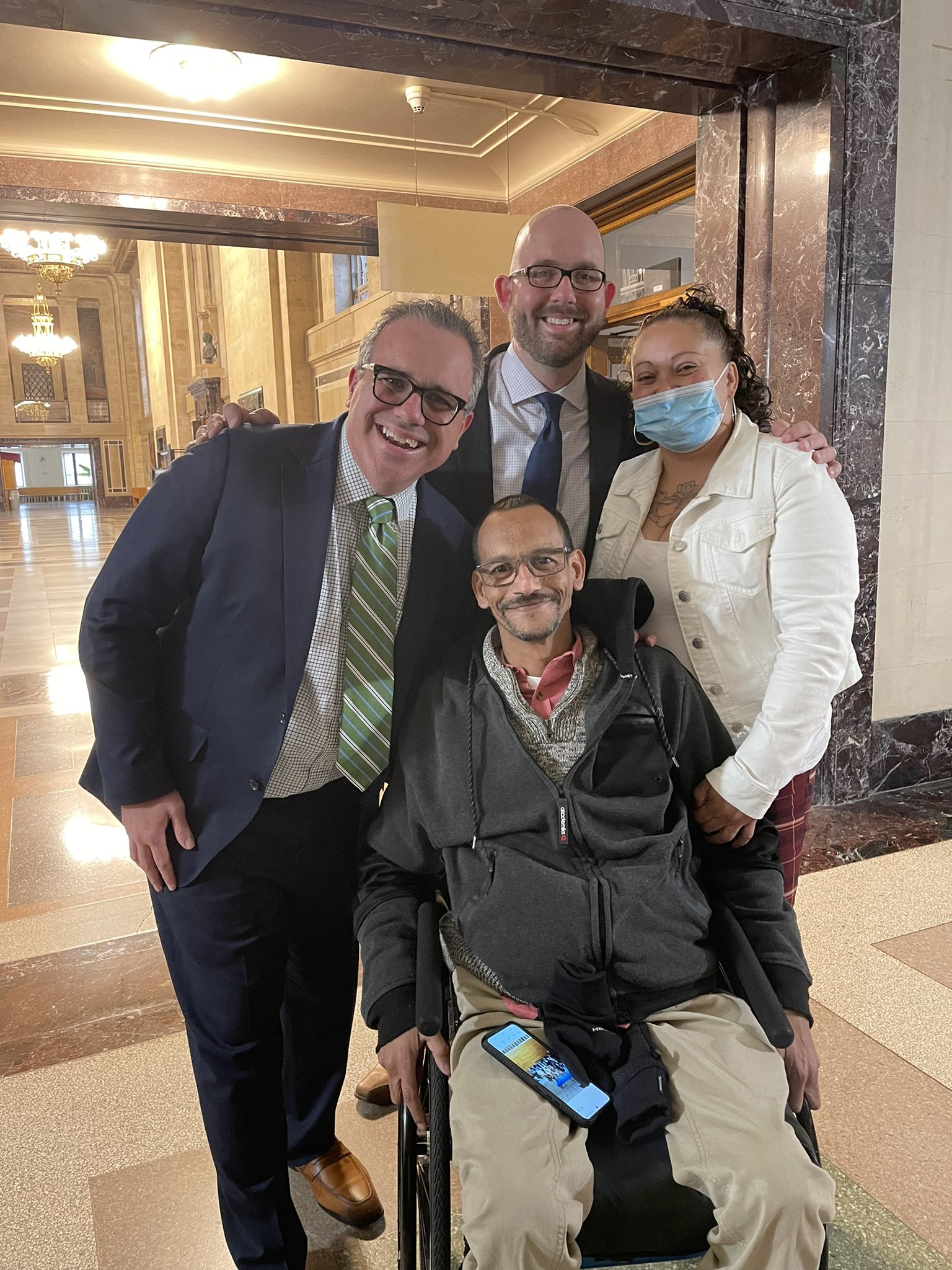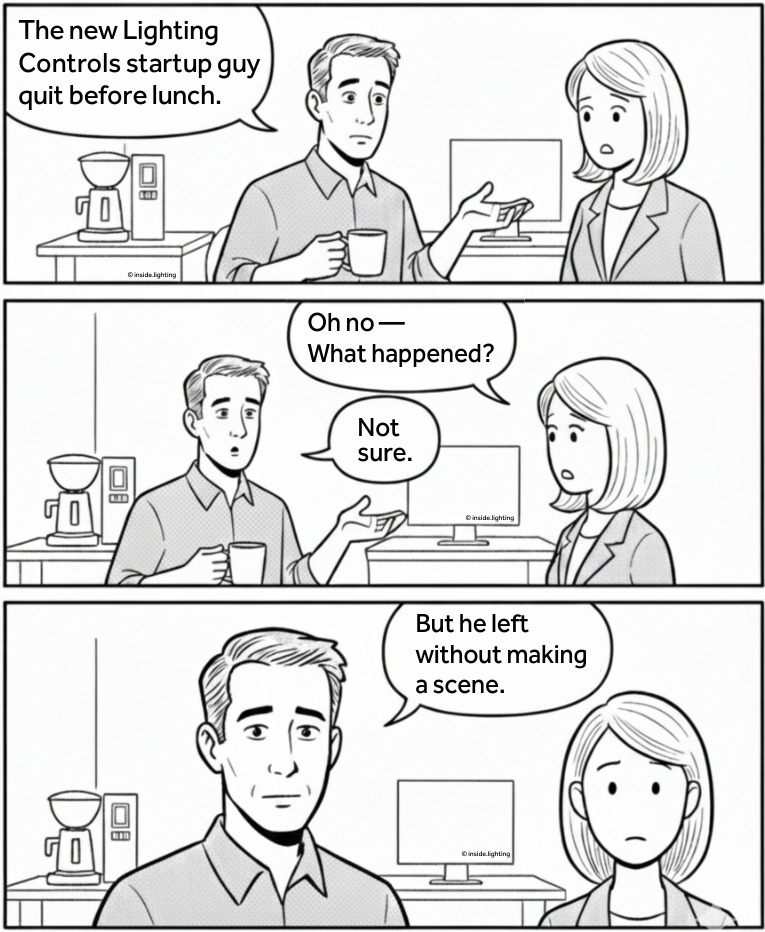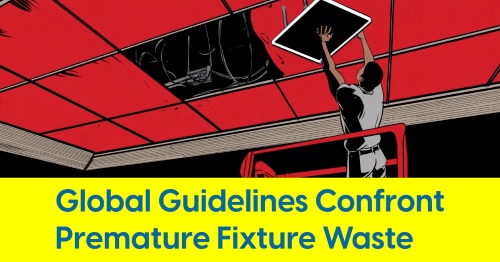October 10, 2022
Signify Ordered to Pay Paralyzed Lighting Distributor Worker $90 Million
$100 million total personal injury award believed to be the largest in Connecticut history.
On October 5, a Connecticut jury found that Signify played a significant role in a lighting distributor employee’s workplace accident and awarded $100 million to his wife and him – $90 million of which is assigned to Signify. Court documents indicate that Signify disclosed a personal injury liability insurance limit of $20 million.
On September 19, 2017, a tragic accident occurred in the Hartford, Connecticut warehouse of Capitol Light – a lighting distributor owned by Rexel that specializes in providing lighting products to retail, hospitality and other vertical-market national account customers throughout the United States.
While working in the Capitol Light warehouse, employee Juan “Mikey” Cruz, was injured when a full pallet of individual four foot long boxes containing Signify's Philips LED tube lamps, described as weighing between 800 and 1,300 pounds, fell from an upper storage rack – and onto Cruz. Contracted temporary worker, Jeanpaul Paez, was reportedly operating a reach truck in one aisle of the warehouse while Cruz was working in an adjacent aisle. Paez, while moving a pallet on a rack system apparently caused product stored on an adjacent rack to fall, landing on Cruz and causing him serious injuries to his abdomen, lower back, pelvis and spinal cord. The accident paralyzed Cruz and he is not expected to walk again.
The litigation revealed that the boxes of Philips LED lamps may not have been properly secured or stretch-wrapped to the pallet, causing Signify’s procedures of securing products to pallets to be a major area of scrutiny. The case examined if the original pallet in its original stretch-wrapping that shipped from Signify’s Mountain Top, Pennsylvania distribution center arrived unaltered at the Capitol Light warehouse in Hartford.
Green Bands on Palletized Philips Products
Signify’s Director of Logistics for North America testified that, based on the appearance of the product involved in the accident – which included visible green bands on the products – that he had serious doubts about whether it was shipped from Signify’s Mountain Top Distribution Center. Further, he reportedly testified that the Mountain Top distribution center had never used green banding of any kind on any product that it had shipped.
The green banding issue became one of the key points of argument for the plaintiff. In January 2021, the Plaintiffs were given an opportunity to inspect the Mountain Top distribution center. They explained that upper racks in the Signify warehouse were empty and no green bands were visible on any product in the warehouse. A closer examination of the inspection photographs revealed a solitary green band identical to that on the product that injured Cruz. The solitary green band was hanging out of the trash can in the Signify distribution center.
According to the Plaintiffs, Signify’s Distribution Center Manager had no explanation for how or why a green band, identical to that on the product that paralyzed the plaintiff, came to be in the trash can in his warehouse on the day the plaintiffs’ expert and attorney inspected the facility.
The Green Band “Smoking Gun”
Signify’s expert witness, Walter Girardi, inspected the Mountain Top distribution center in March 2021 during which he took seventy-four photographs that were shared with the Plaintiffs. When the Plaintiff’s attorneys asked Girardi about his inspection of the distribution center, Girardi testified that Signify personnel told him that there had never been any product, of any kind, that had come into or gone out of the Mountain Top distribution center with green banding on it.
Though Girardi was reportedly careful, buried within his inspection photographs were five images showing distant green-banded product in the Mountain Top warehouse on the date of his visit. The Plaintiffs argued that Girardi’s photographs provided “a smoking gun” revealing green-banded products that were not present during the Plaintiff’s previous inspection.
The attorneys for Plaintiffs latched on to the green band matter to allege that the Signify distribution center employees intentionally destroyed evidence and committed perjury.
Signify Points Finger at Rexel
Signify denied that it was negligent and claimed that it was the distributor, Rexel's Capitol Light, who was the sole cause of the plaintiffs’ injuries. Signify filed multiple counterclaims against Rexel alleging the following:
-
Rexel failed to adequately train and certify Mr. Paez to operate a powered industrial truck before allowing him to operate the reach truck.
-
Rexel failed to monitor Mr. Paez’s actions to ensure that he understood and followed Rexel’s own warehouse aisle and reach truck safety rules.
-
Rexel failed to provide a “spotter” to Mr. Paez before he attempted to lift a pallet full of goods stored on the upper rack adjacent to the rack upon which the Philips LED lamps were situated.
-
If Rexel employees observed an unsafe condition, then Rexel had the material and equipment to stretch-wrap Philips lights to pallets before Rexel stored the lights on elevated racks, and failed to do so.
-
Rexel was negligent in storing the Philips lights on elevated racks, after it inspected them, if they were not stretch wrapped to the pallets when delivered to Rexel.
Despite Signify's efforts, the jury ultimately did not assign any negligence to Rexel.
The Verdict

Photo: Clockwise from left, Attorney Ryan McKeen, Attorney Andrew Garza, Emily Cruz, Juan Cruz.
Photo Credit: Connecticut Trial Firm
The jury decided that Cruz was entitled to $90 million and that his wife – who has become Cruz’s caretaker and has suffered loss of consortium is entitled to $10 million – for a total award of $100 million. The jury assigned 90% of the negligence to Signify, causing the company to be on the hook for $90 million. The remainder of the negligence was assigned to the forklift driver, Paez.
Photo: Clockwise from left, Attorney Ryan McKeen, Attorney Andrew Garza, Emily Cruz, Juan Cruz. Credit: Connecticut Trial Firm
In June 2022 the parties engaged in a failed mediation. At the time, Cruz indicated a willingness to settle for $26 million and Signify reportedly offered $3 million.
The law firm for the Plaintiff, Connecticut Trial Firm, shared the following with inside.lighting on Friday: “This case wasn’t simply about negligence. It’s about a family’s life being turned upside down by a catastrophic event that took away a man’s ability to work, function in his day-to-day, and get on the floor to play with his grandkids,” said attorney Andrew Garza. “The most infuriating part is that it was 100% preventable.”
“This is an outcome that they deserve,” added attorney Ryan McKeen. “Their lives will never be the same, but I hope that this verdict makes both Mikey and Emily feel seen and heard.”
Court filings indicate that Signify has expressed an intention to appeal the jury’s verdict. On Friday we asked Signify for comment and the company declined to share comments at this time. Our weekend email seeking comment from Rexel was not returned.










